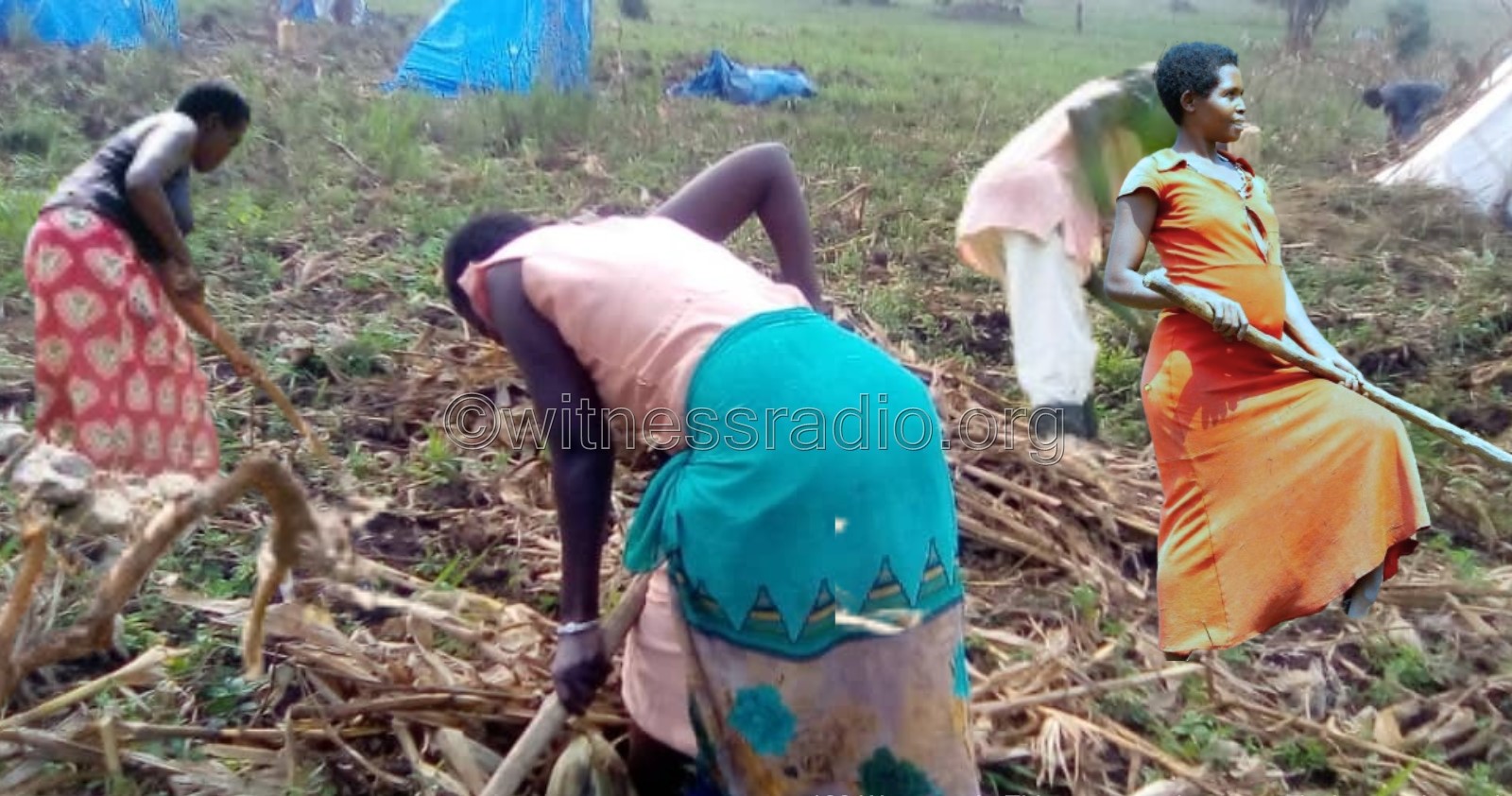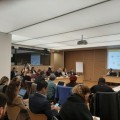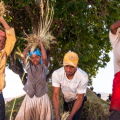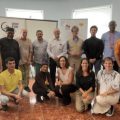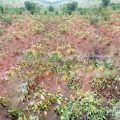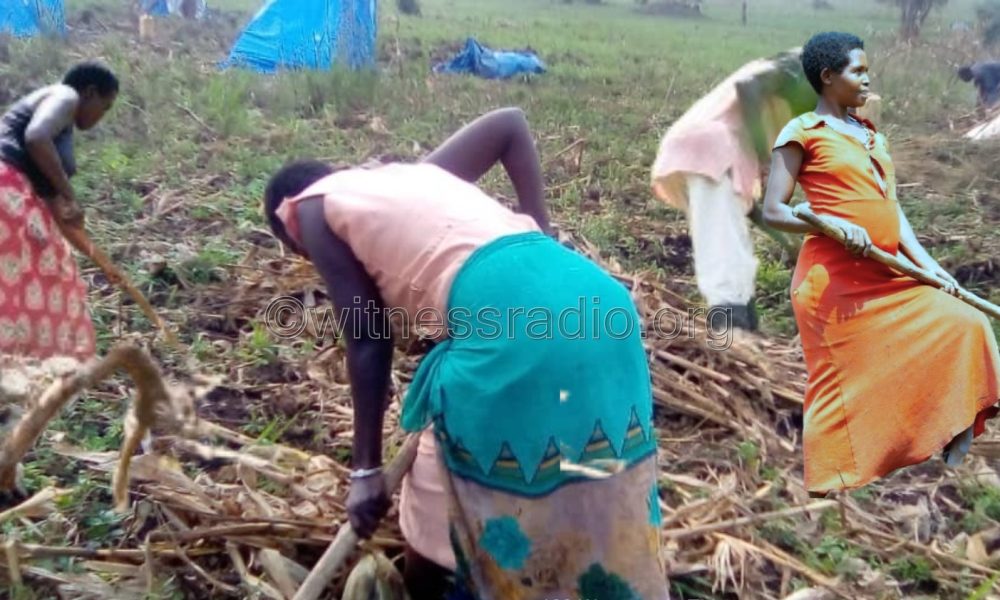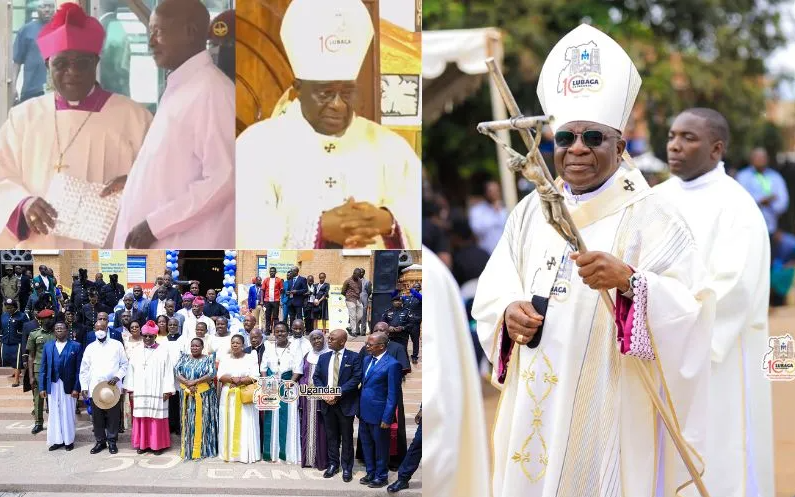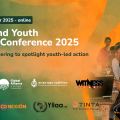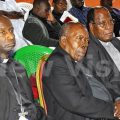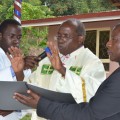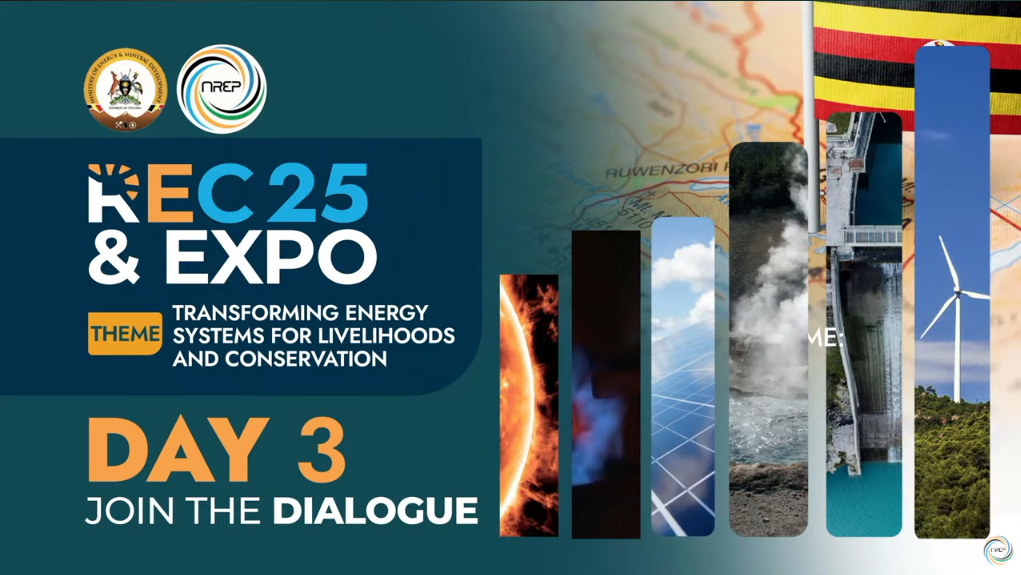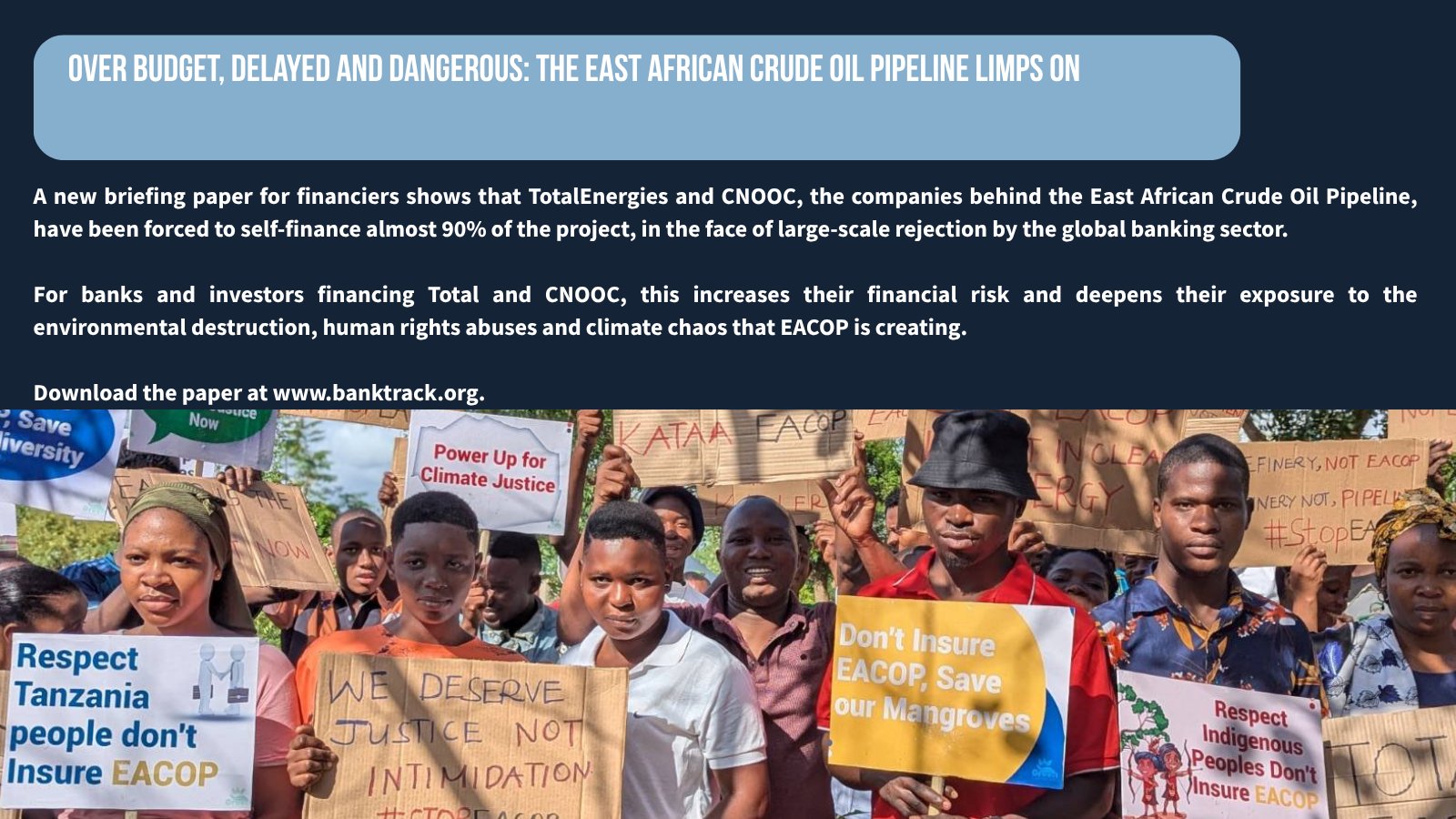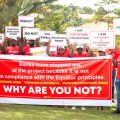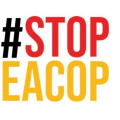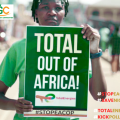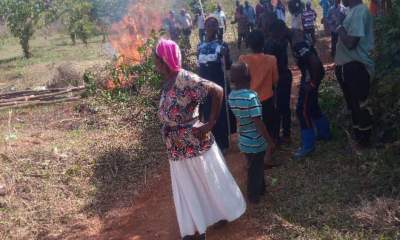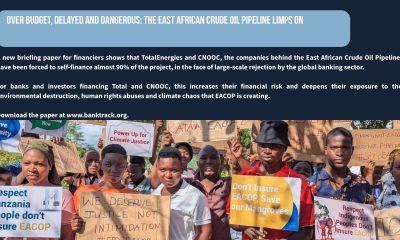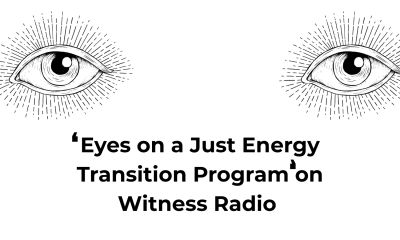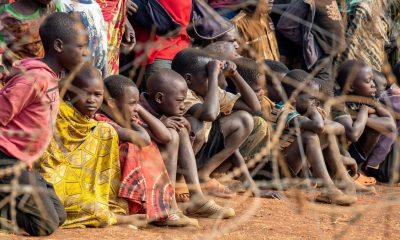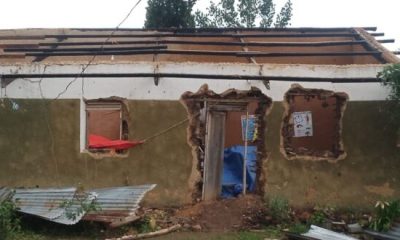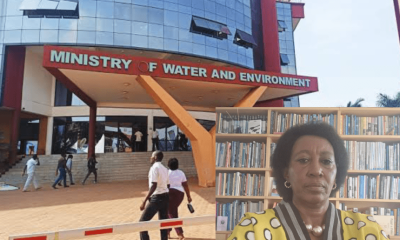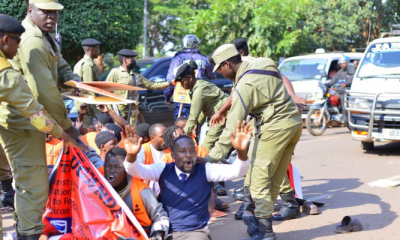By Witness Radio team.
The VIII Global Conference on Family Farming has concluded with resounding commitments and actionable steps towards amplifying the vital contribution of family farming to global sustainability efforts.
The Food and Agriculture Organization of the United Nations (FAO) describes the Family farmers as the majority of the World food basket calling them the major investors in agriculture and the backbone of the rural economic structure.
With over 200 representatives of leading Family Farming organizations, regional platforms, governments, international bodies, research centers, consumer organizations, philanthropic entities, women and youth organizations, as well as National Committees of Family Farming from all five continents, the conference served as a crucial platform to address the interconnected challenges of climate, food, and environmental crises.
The recent VIII Global Conference on Family Farming held in Vitoria-Gasteiz, Spain between the 19th and 21st of March 2024, was organized by the World Rural Forum (WRF) in Vitoria-Gasteiz, Spain. According to the World Rural Forum (WRM), the Conference provided a valuable space to reflect on achievements, identify areas for improvement and challenges, both existing and emerging, and propose a solid and steadfast path forward at all levels: national, regional, and global. We share experiences and build common desires and references that inspire us towards a more equitable, prosperous, and resilient future for all humanity.
Central to the conference’s discussions was the recognition of family farmers’ pivotal role in ensuring the sustainability of our planet. Consisting of Indigenous Peoples, traditional communities, pastoralism, livestock, fisheries, and mountain farming, family farmers play a catalytic role in economic development, food production, natural resource management, and resilient development.
According to the United Nations Decade of Family Farming (2019-2028), significant progress has been made. In 2022, the National and Regional Action Plans Synthesis Report study conducted by the World Rural Forum (WRF) with the support of the Food and Agriculture Organization (FAO) to monitor the progress in the implementation of the United Nations Decade of Family Farming 2019-2028 (UNDFF) through National and Regional/Sub-regional Action Plans showed that there was remarkable advance in various countries in particular as a result of the strong support and collaboration among key stakeholders to put the UNDFF on top of the agenda.
On the 20th December 2017, the United Nations General Assembly adopted – Resolution 72/239 that declared 2019 – 2028 as the United Nations Decade of Family Farming (UNDFF), recognizing the enormous contribution of Family Farming to the achievement of the 2030 Agenda for Sustainable Development and the “role that family farms play in improving nutrition and ensuring global food security, eradicating poverty, ending hunger, conserving biodiversity and achieving environmental sustainability”. The resolution encourages all States to develop, improve, and implement public policies on family farming and share their experiences and best practices of family farming with other States.
However, formidable challenges persist, necessitating intensified collaborative efforts and renewed political commitments, the conference provided a platform to showcase successful initiatives and agree upon key actions to advance the goals of the Decade and address emerging challenges.
Among the resolutions put forth were resolute commitment to scaling up the role of family farming in transforming food systems towards sustainability, guided by the UNDFF 2019-2028 and the Global Action Plan. Emphasis was placed on the need for comprehensive policies recognizing the multidimensionality of family farming and its links to crucial agendas such as food security, biodiversity, and poverty alleviation.
Furthermore, the conference highlighted the importance of strengthening the National Committees of Family Farming (NCFF) as platforms for multi-stakeholder dialogue and the promotion of effective policies. Initiatives aimed at ensuring the economic sustainability of family farming, empowering rural youth, and reducing gender inequalities were also underscored.
Climate change adaptation and mitigation were recognized as central to the role of family farming, emphasizing the need for sustainable production methods and the incorporation of agroecology. Land tenure security emerged as a fundamental pillar for achieving sustainable development goals and promoting food sovereignty.
Additionally, there was a call to intensify networking among diverse actors, including governments, international organizations, research centers, and civil society, to drive forward the Decade’s objectives in alignment with the 2030 Agenda.

